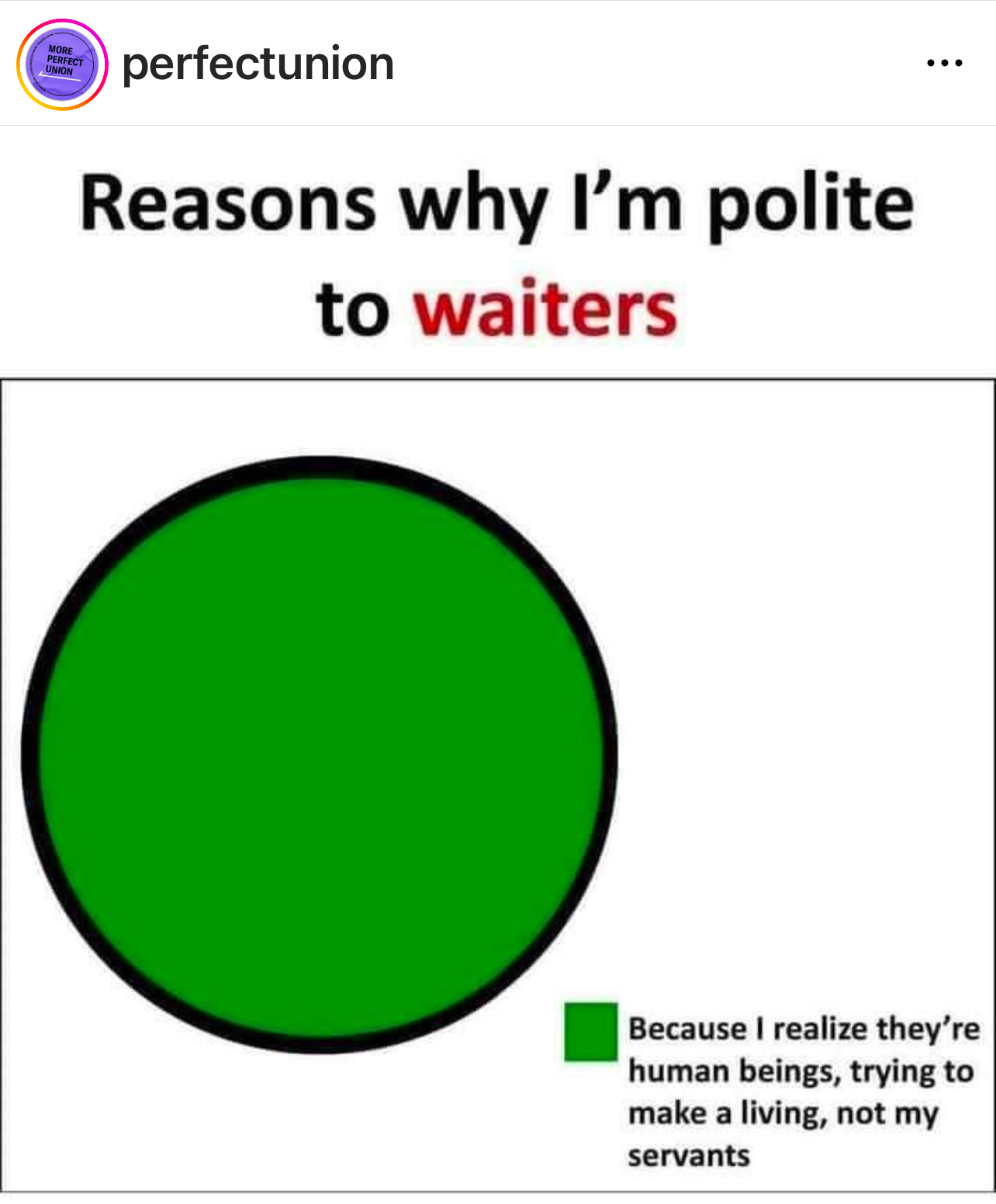We are living in the 2nd Gilded Age where economic concentration works for a few but leaves the majority of us behind. This newsletter is intended to highlight the stories of how regular Americans are getting screwed in this economy. This newsletter is for those who feel economically left behind.
Welcome to You’re Probably Getting Screwed, a weekly newsletter and video series from J.D. Scholten and Justin Stofferahn about the Second Gilded Age and the ways economic concentration is putting politics and profits over working people.
Chances are you have probably been screwed by a merger. It is possible you have been screwed pretty directly, such as losing your job after the merging companies seek out “efficiencies” or being slapped with higher prices. Maybe your community has been screwed as wages have stagnated and local businesses have been boarded up. In an economy as highly consolidated as ours the list of harms from monopoly power is long and mergers have played a key role in creating that consolidation.
The merger-fueled rise of extreme monopoly power is the result of a four-decade failed experiment that gutted merger enforcement under the theory that giant corporations would create massive economic benefits. Fortunately, this is beginning to change. As we mentioned in last week’s newsletter the Federal Trade Commission (FTC) and the Department of Justice (DOJ), released new merger guidelines.
One of the best things about these new guidelines is they were informed by a nearly two-year process of public engagement. Over 5,000 comments were submitted to a request for information in 2022 and then another 30,000 comments came in when the agencies released a draft of the updated guidelines. These comments were a mix of specific stories as well as simpler calls to just do something about the monopolies that are choking off opportunity and making things miserable.
While the guidelines are not binding rulemaking, they help address the lax merger enforcement and skewed court interpretations that created the merger madness of recent decades. The guidelines serve as the FTC and DOJ’s interpretation of the Clayton Act, the federal law regulating mergers that is meant to stop monopolies from forming in the first place. Strong guidelines that crack down on mergers will play an important role in institutionalizing stronger enforcement that can outlive the Biden Administration while also helping judges understand the circumstances where a merger can violate the law.
The first-ever merger guidelines were created in 1968 and like the law itself took a skeptical view of most mergers. This changed in 1982 when the Reagan Administration, without a single change to the law, radically changed the guidelines to focus on short-term consumer prices and economic efficiency. This change helped enshrine the so-called consumer welfare standard across future administrations.
The guidelines released last week represent a clear break from this legacy. One of the most significant changes to the new guidelines is a strong focus on the problems consolidation and concentrated market power have on workers. For example, the Treasury Department released a report last year finding that wages are 15 to 25 percent lower because of consolidation or what is known as monopsony power, the buyer side of monopoly power.
The new guidelines also create greater scrutiny of mergers that take place in already highly consolidated industries, which seems pretty obvious to those of us that are not antitrust lawyers, but has not been a consideration previously. This is why we got mega mergers like Dow-Dupont, Exxon-Mobil, and JP Morgan-Bank One. Another critical change is the guidelines describe how the FTC and DOJ may examine a merger in the context of broader market transactions such as serial acquisitions. This is particularly important with the rise of private equity firms that are rolling up every part of the economy they can get their hands on.
The reason all of this is important is that merger enforcement works! In 1978 a Congressional report that was analyzing the first 27 years of the Cellar-Kefauver Antimerger Act - a key reform to the Clayton Act - found that strong enforcement and the creation of merger guidelines “prevented merger-induced increases in market concentration.” The report analyzes a number of specific industries, such as dairy processing and cement manufacturing, and finds that strong merger enforcement and specific merger guidelines reversed concentration in these industries, spurring further innovation and new business creation.
These guidelines do not alleviate the need for antitrust reforms and other antimonopoly measures, both in Congress and at a state-level, but they represent one of the most significant steps forward in reigning in monopoly domination and that is worth celebrating!
YOU’RE PROBABLY (ALSO) GETTING SCREWED BY:
TAX CUTS FOR THE SUPER WEALTHY
Just another reminder that trickle-down economics doesn't work. Remember the Tax Cuts and Jobs Act of 2017 (aka Trump Tax Cuts)? Well, 6 years later this recent study shows that those tax cuts have benefited U.S. business owners and executives, not average workers. I guess the writing was on the wall when the tax cuts to corporations and the super wealthy were permanent and temporary for the rest of us.
CEOs
Just in case you didn’t catch the Wayfair CEO’s end-of-year message for employees of the online furniture company: “Don’t shy away from doing more work and blending your work with your life.” Merry Christmas Wayfair employees, you should be working 80 hours…
CORPORATIONS THIS TIME OF YEAR
HOSPITAL MERGERS
This is a piece of impressive journalism that maps UnitedHealth’s consumption of our health care system—from the ’70s to today. Interesting note: almost every merger mentions “to keep costs down” but somehow costs continue to go up.
NCAA
College athletes are getting screwed. At least all that revenue makes college tuition cheap… oh wait.
CORPORATIONS
REMINDER
Being kind is free!
BEFORE YOU GO
Before you go, I need two things from you: 1) if you like something, please share it on social media or the next time you have coffee with a friend. 2) Ideas, if you have any ideas for future newsletter content please comment below. Thank you.
Standing Tall for All,
J.D. Scholten











A pet peeve of mine: Rounding Up - How corporations use our money to reduce their tax liability. If I am going to make a charitable donation, it will be under my name not some company benefiting from it.